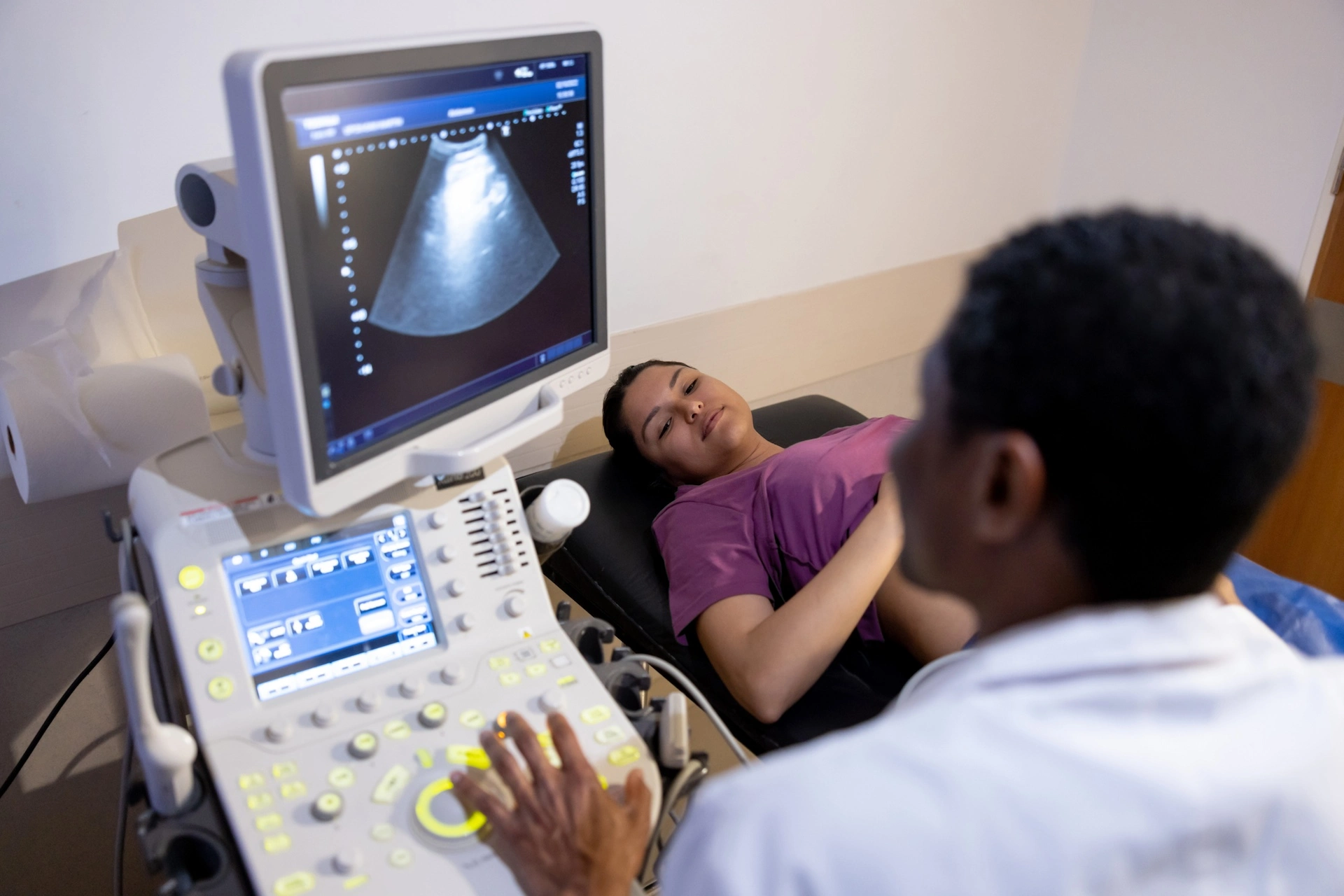A registry to advance research on autism spectrum disorders (ASD) will be the first Division of Research project supported by the Mental Health Research Network (MHRN), a multi-partner effort funded by a $10.5 million federal grant aimed at speeding up mental health research across the nation.
Five of the MHRN’s 10 participating health care organizations will take part, including Harvard Pilgrim Health Care in Boston, and Kaiser Permanente in Northern and Southern California, the Northwest (Oregon and Washington) and Georgia.
Researchers expect to collect a variety of data on approximately 20,000 children and adolescents diagnosed with ASD, according to Lisa Croen, PhD, the registry’s principal investigator and a Division scientist.
The wealth of information collected in the registry will help investigators identify children with ASD who are eligible for specific research projects and allow researchers to conduct a series of large-scale comparative effectiveness studies.
To complete the registry, investigators will gather detailed information about ASD diagnoses, demographics, other diagnosed medical conditions, prescription medications, and at some sites, details about childrens’ births.
Croen noted that while other autism registries exist, this one is unique because it will function within organizations providing integrated health care, like Harvard Pilgrim Health Care and Kaiser Permanente. This gives investigators access to clinical data from patients’ electronic medical records, as well as the ability to conduct research at the site where participants receive their health care.
“We need to build this registry first, before we can do the research that could ultimately lead to the design of effective treatments for affected children,” said Croen, who also heads the Division’s Autism Research Program. “With the completed registry we can quickly identify large numbers of children across the country who may be eligible for clinical trials of new interventions. The dynamic nature of this registry will also allow us to target and recruit specific groups of kids for specific studies based on their clinical characteristics.”
Examples of specific patient groups investigators might target for research include: patients taking a specific medication, patients suffering severe gastrointestinal (GI) symptoms, patients who have specific brain MRI findings or patients who have another family member with ASD.
In the first phase, the registry database will allow researchers to compare ASD prevalence across the five sites — by gender, age and race/ethnicity, says Croen. Investigators will also look at the variation in use of psychotropic medications and frequency of other medical conditions occurring in children with ASDs across the five participating sites.
In the second phase, registry investigators will use a Web-based survey to ask parents for data not available from health plan records. This will include information about different treatment approaches, complementary therapies, parents’ perceived treatment burdens, and parental perceptions of the effectiveness of different treatments.
Children and parents will also be asked to donate a small sample of blood or saliva for use in future studies. These studies, with various subsets of registry participants, may test treatments and service interventions, examine possible autism causes, look for possible associations between gene variations, and examine how children respond to various medications.





This Post Has 0 Comments